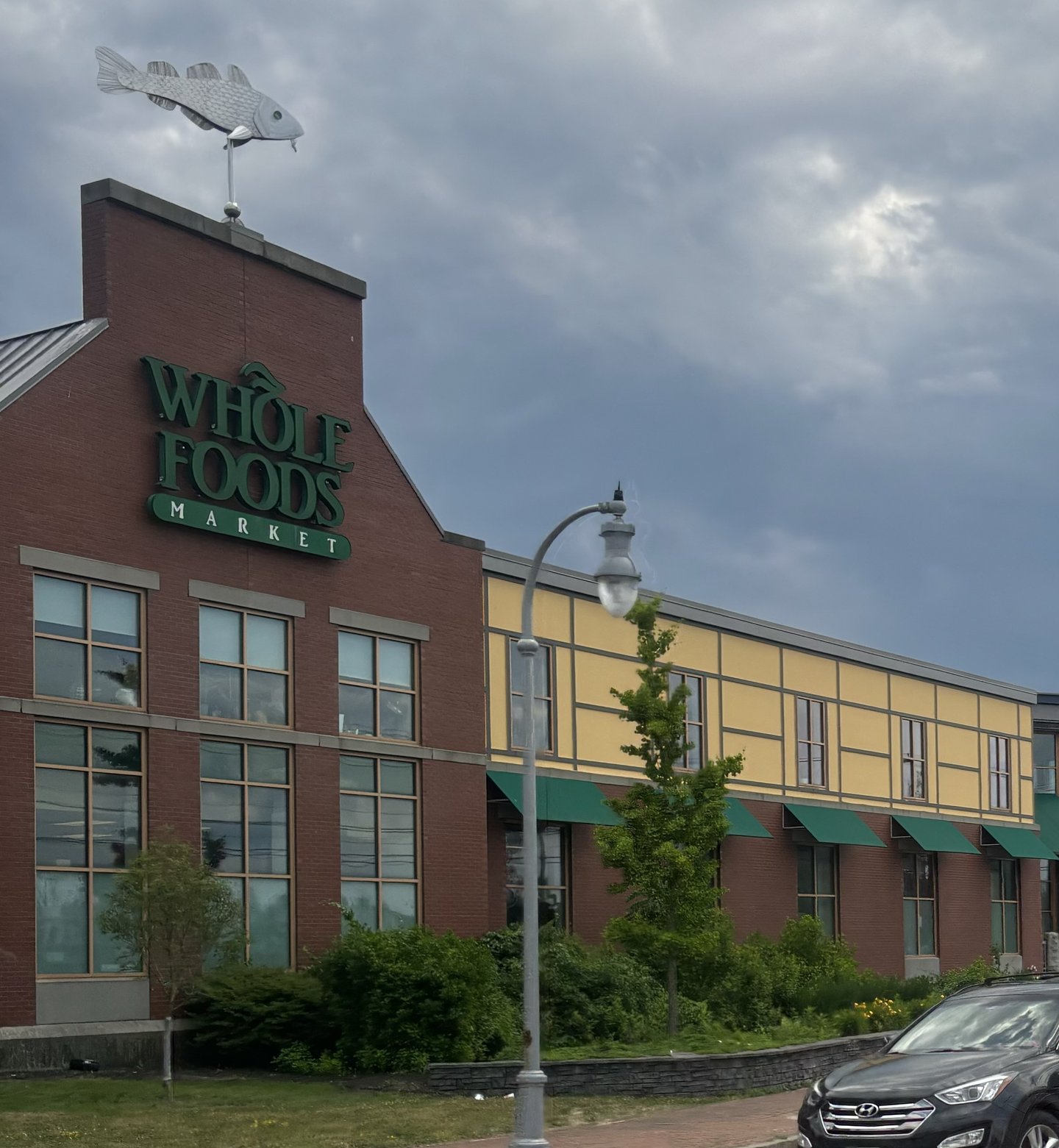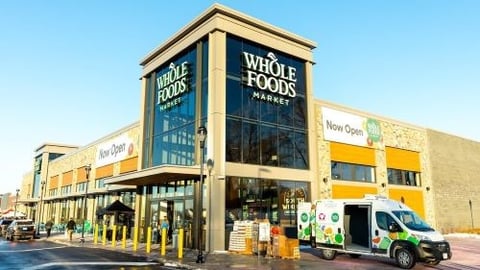Whole Foods Market Introduces New Seafood Code of Conduct
Whole Foods Market has launched a new Seafood Code of Conduct, reinforcing the company’s commitment to safeguard the human rights and welfare of workers throughout its global seafood supply chain. Building on the company’s Quality Standards, the new policy strengthens protections for fishers and vessel crew and sets a higher bar for ethical labor practices and supply chain transparency.
Whole Foods' Seafood Code of Conduct draws from globally recognized principles, including the UN Guiding Principles on Business and Human Rights and the International Labour Organization’s (ILO) Work in Fishing Convention. The code establishes clear standards that all seafood suppliers — from vessel owners to processors and distributors — are expected to follow. These new standards build on the broader Whole Foods Supplier Code of Conduct and are part of the company’s long-term mission to promote social responsibility and continuous improvement in its supply chain.
[RELATED: Walmart, Costco Finally Sign On to Canadian Grocery Code of Conduct]
The new Seafood Code of Conduct applies to fresh, frozen and canned seafood suppliers, including sushi, and features commitments across such key areas as:
- Maximum Working Hours and Time at Sea: Aligns work and rest hours with ILO Fishing Convention standards and establishes that all fishing vessels must visit port every 11 months.
- Ethical Recruitment: Prohibits recruitment fees and mandates clear, fair employment contracts.
- Communication Access for Crew Members: Mandates crew access to communication channels while at sea to contact family, NGOs and worker representatives, and calls for vessels to prioritize installing Wi-Fi
- Health and Safety on Vessels: Requires safety training, protective personal equipment, medical care, and sufficient food and water for all crew members.
“Leading with purpose has always been at the heart of Whole Foods Market, and our new Seafood Code of Conduct is an extension of that commitment,” said Whole Foods CEO Jason Buechel, who was also recently named VP of Amazon Worldwide Grocery Stores. “This isn’t just a one-time announcement — it’s an ongoing effort to raise the industry standard for human rights, responsible sourcing and supply chain transparency. Working together with our industry peers, we can create a fairer, safer and more ethical seafood industry for everyone.”
Austin, Texas-based Whole Foods Market also recently joined forces with Monterey Bay Aquarium Seafood Watch to urge the Western and Central Pacific Fisheries Commission to adopt stronger labor protections, including the use of electronic monitoring for vessel activity, measures to enhance crew welfare, and science-based targets for tuna stock management.
Part of Amazon’s Worldwide Grocery Stores, Whole Foods Market serves customers in more than 530 stores across the United States, Canada and the United Kingdom. Parent company Amazon is No. 2 on The PG 100, Progressive Grocer’s 2024 list of the top food and consumables retailers in North America. Both Whole Foods and Amazon were named among PG’s Retailers of the Century.






